If you’re planning to outsource your production requirements, you’ll need to know how to find a contract manufacturer in the UK. It takes time, research and effort, but finding a company that meets your needs, quality standards, and budget is one of the most important business decisions you’ll make.
There are many reasons why you might choose to hire a contract manufacturer. It could be that you don’t currently have the expertise, experience, or machinery to do the job. Alternatively, you might be inundated with orders and need to outsource production to keep up with the demand. Whatever the reason, finding the right contract manufacturer is key.
For more detail, read our comprehensive guide to contract manufacturing.
In this post:
What is a contract manufacturer?
A contract manufacturer is a company that manufactures components or finished products on behalf of another business or individual. They essentially provide an outsourcing service, either for multiple clients in the same industry or exclusively for one client for a fixed period. Depending on the client’s needs and production quantity, a contract manufacturer may sign an exclusive contract with a client company lasting for several years.
As well as mass-producing products or components, a contract manufacturer may also offer packaging, storage, and transportation services (for example, we offer chemical repackaging, storage, and delivery services at ReAgent). Some contract manufacturers are even involved in product research and development. For example, at ReAgent we work with clients to design, develop, and prototype new chemical formulations.
What to research when deciding on a contract manufacturer
When you’re searching for a contract manufacturer, it’s important to hire the right one for your needs. Aside from the financial considerations, here are some of the other factors you’ll need to consider if you want to find a company that provides a high-quality and reliable service.
1. Scalability
As your market share grows, the need to increase production capacity also rises. What’s more, increased competition may mean you have to diversify your product offering over time. With this in mind, it makes sense to research companies that have the scalability to accommodate your growing manufacturing needs.
Choosing a contract manufacturer that can expand and increase production (should the need arise) will help future-proof your business, saving you a potential headache later down the line.
2. Reputation
A good reputation is hard to establish – it essentially boils down to the quality of the product and service. In most cases, no amount of advertising or PR can compete with word of mouth and customer endorsement. 
When researching contractor manufacturers in the UK, always try to speak to the company’s former and existing clients. Find out if they’re satisfied with the quality of the service they receive before you sign that all-important contract manufacturing agreement.
3. Experience
Experience and expertise usually go hand in hand. If you’re looking to outsource your production, consider how long a contract manufacturer has been operating. Well-established companies with decades of experience are likely to have encountered and solved a wide range of problems within their industry. This usually means they’ll have developed best practices and acquired considerable expertise.
4. Location
The location of a contract manufacturer is another important factor to consider. For example, if the company is based near your own facilities, you might be able to save on storage and transportation costs. The location can also affect the overall cost of production.
5. Personnel
Personnel includes ordinary workers and skilled technicians or experts in the company. Before hiring a contract manufacturer, always make sure they have highly-qualified personnel with the skills and expertise required to complete the job to a high standard.
How to find a contract manufacturer in the UK
There are thousands of contract manufacturing organisations in the UK covering various industries. For example, there are more than 3,000 medical device manufacturers in the UK alone, making it one of the largest sectors in the world.
With such a wide range of contract manufacturers to choose from, finding the right specialist for your needs can take considerable time and effort. The following steps can help to make the process a little easier.
1. Research
Start by doing some background research using the various resources you already have at your disposal. Visit company websites to gather information and do your own online research. You might also want to consult classified ads. And don’t forget to ask around among your network of industry contacts; word-of-mouth recommendations are often a good indicator of a company’s reputation and performance.
2. Set up face-to-face meetings
Once you’ve narrowed down your search to a few potential candidates, you can then set up face-to-face meetings with the key persons in those companies. Be sure to request any pertinent documents and don’t be afraid to ask plenty of questions.
3. Tour facilities if possible
After you’ve shortlisted two or three candidates, consider requesting a tour of their facilities. This will give you the chance to inspect the equipment and see their operations in person. At ReAgent, we welcome audits and visits from potential clients and understand how important they are when choosing a contract manufacturer to partner with.
The importance of picking the right contract manufacturer
Picking the right contract manufacturer is very important because it can help to ensure the production process runs as smoothly as possible. If you’ve done your due diligence, you can be confident that your chosen company will be able to fulfil your manufacturing needs and produce high-quality products that meet the specifications.
Finding the right contractor can also reduce the logistical and operational burden on your own facilities. Plus, you’ll have the freedom to focus on other important tasks such as research and development.
Benefits of choosing a good contract manufacturer
There are several benefits of choosing a good contract manufacturer:
- Lower costs – outsourcing your manufacturing requirements can reduce overhead expenses as you won’t need to buy new machinery or hire as many employees.
- Minimising risks – using a contract manufacturer allows you to easily test new products and concepts without committing large amounts of upfront capital. If the product isn’t popular with your customers, you can develop alternatives without risking too much.
- Agility and flexibility – outsourcing production means you can begin manufacturing relatively quickly instead of waiting for new facilities to be built and going through a lengthy recruitment process. It also gives you the agility and flexibility to manufacture a wide range of products in response to customers’ changing demands.
- Focus on other priorities – using a contract manufacturer relieves you of the manufacturing burden, allowing you to focus on other priorities such as developing and marketing new products.
- High-quality products – provided you choose the right contract manufacturer, the products they produce may actually be better than those you’re able to manufacture in-house. This is especially true if the company you hire has considerable expertise and long experience in the industry.
Summary
Finding the right contract manufacturer requires lots of research, time, and patience. However, it’s worth putting in the effort as choosing the best company for your needs will pay dividends in the long run. When looking for a contract manufacturer, it’s important to consider factors such as scalability, reputation and experience. Once you’ve done extensive online research and narrowed down potential companies, set up face-to-face meetings and take a tour of their facilities if possible.
ReAgent offers high-quality contract chemical manufacturing services to businesses from a range of industries. Contact us today to find out more.















